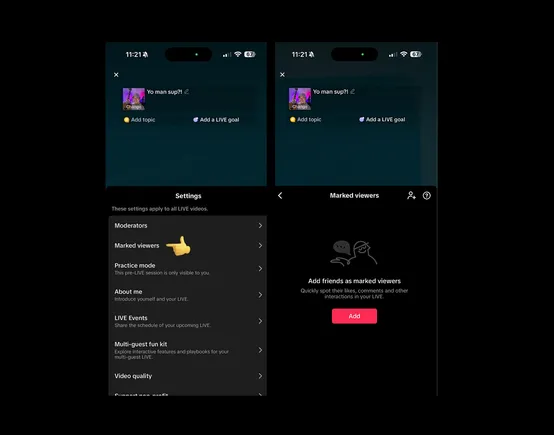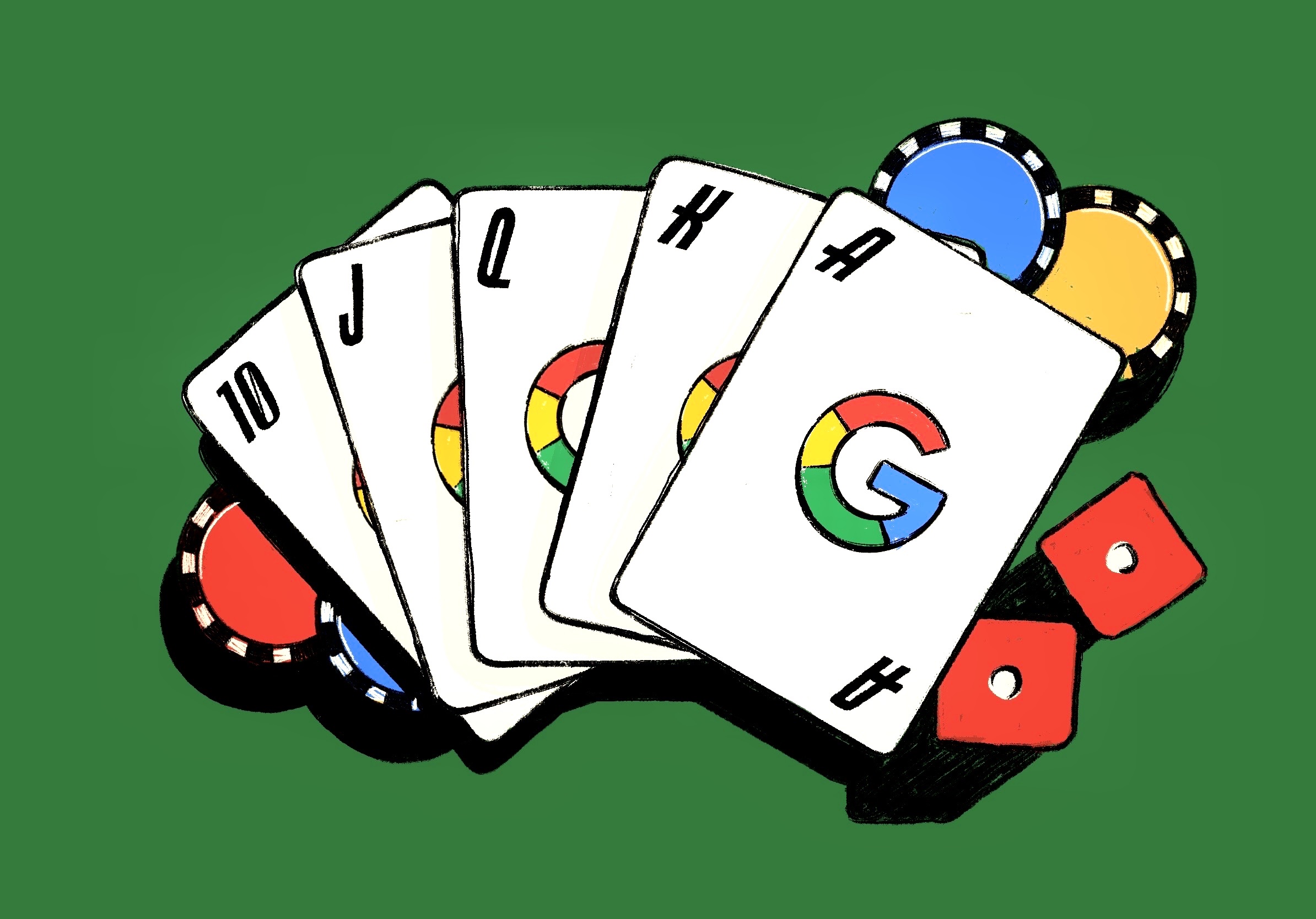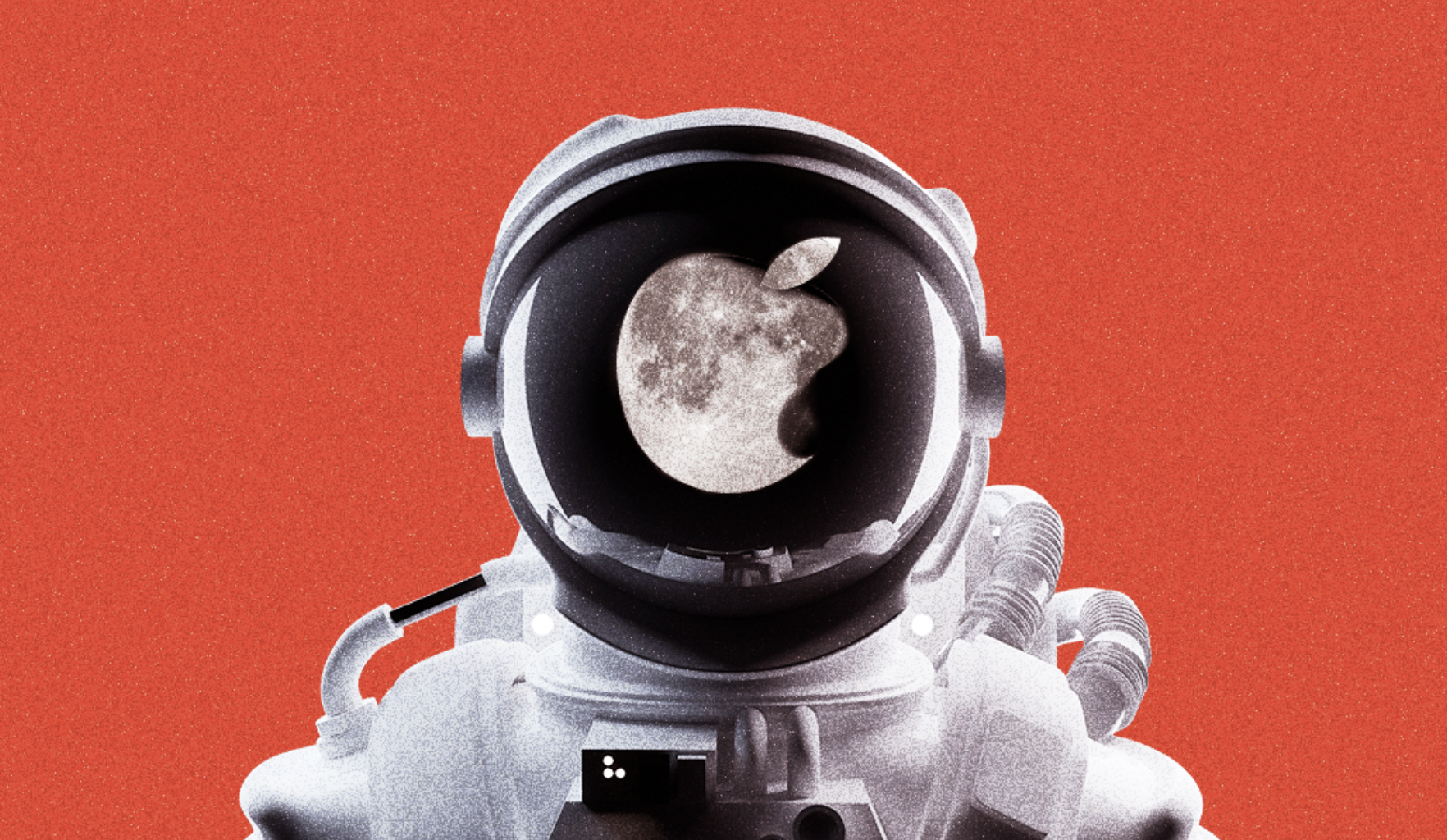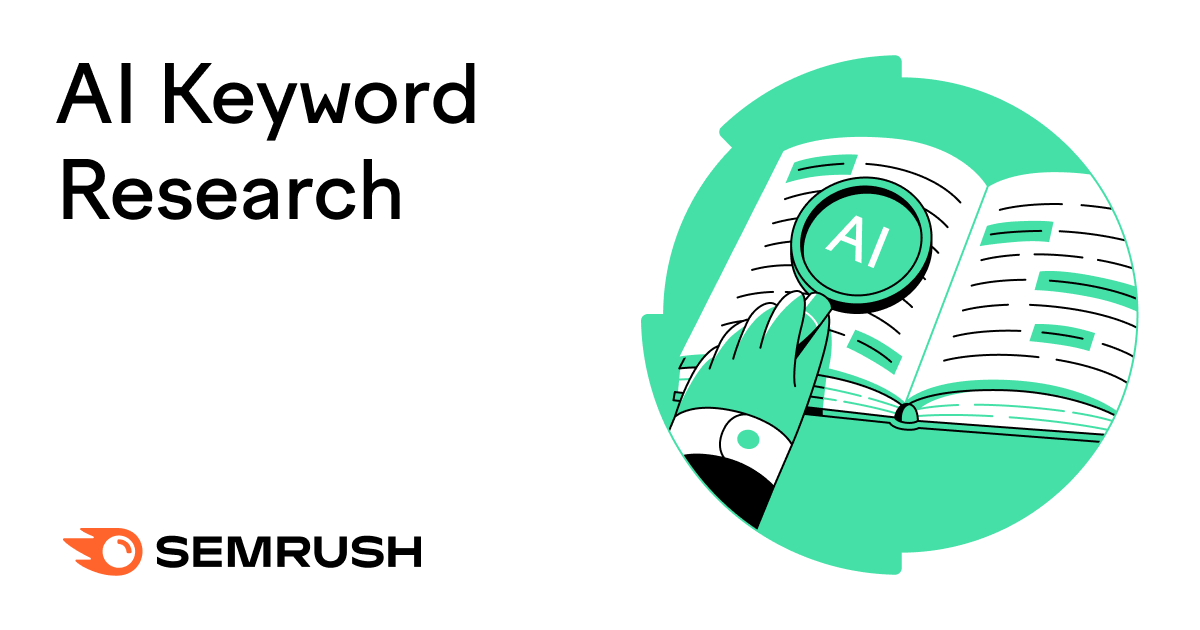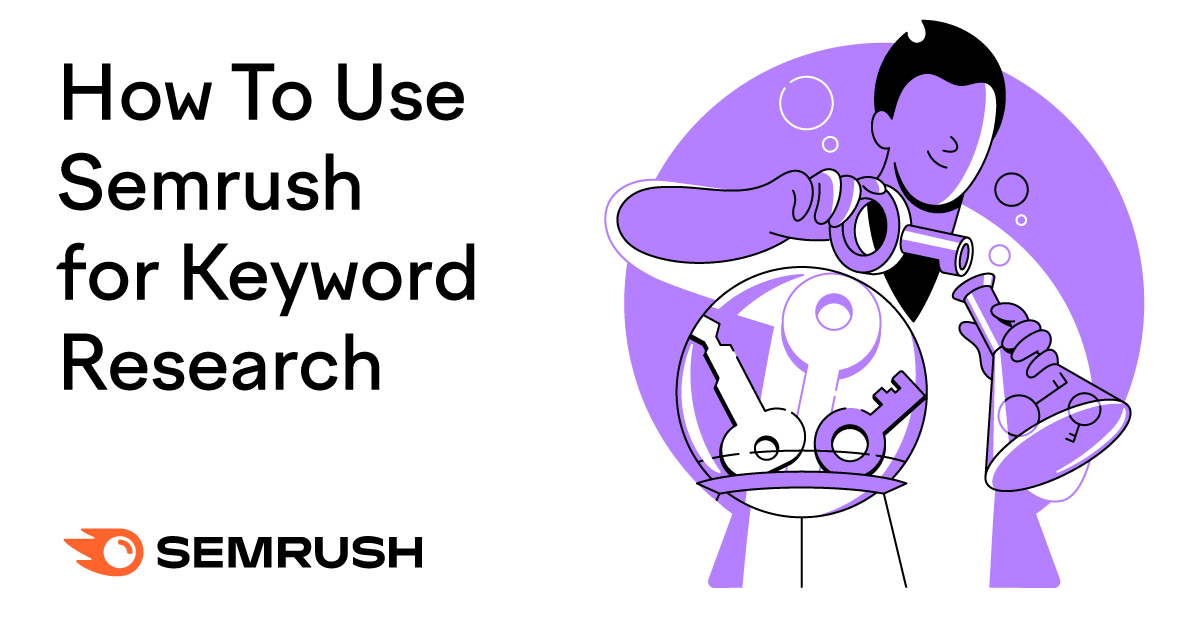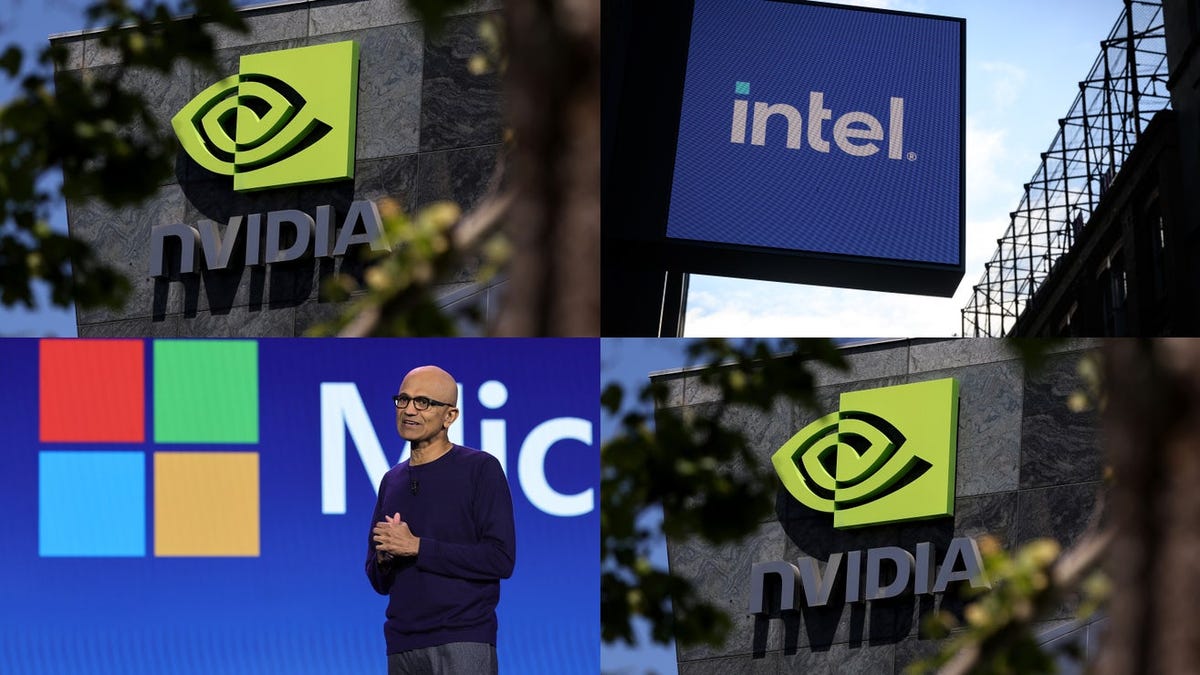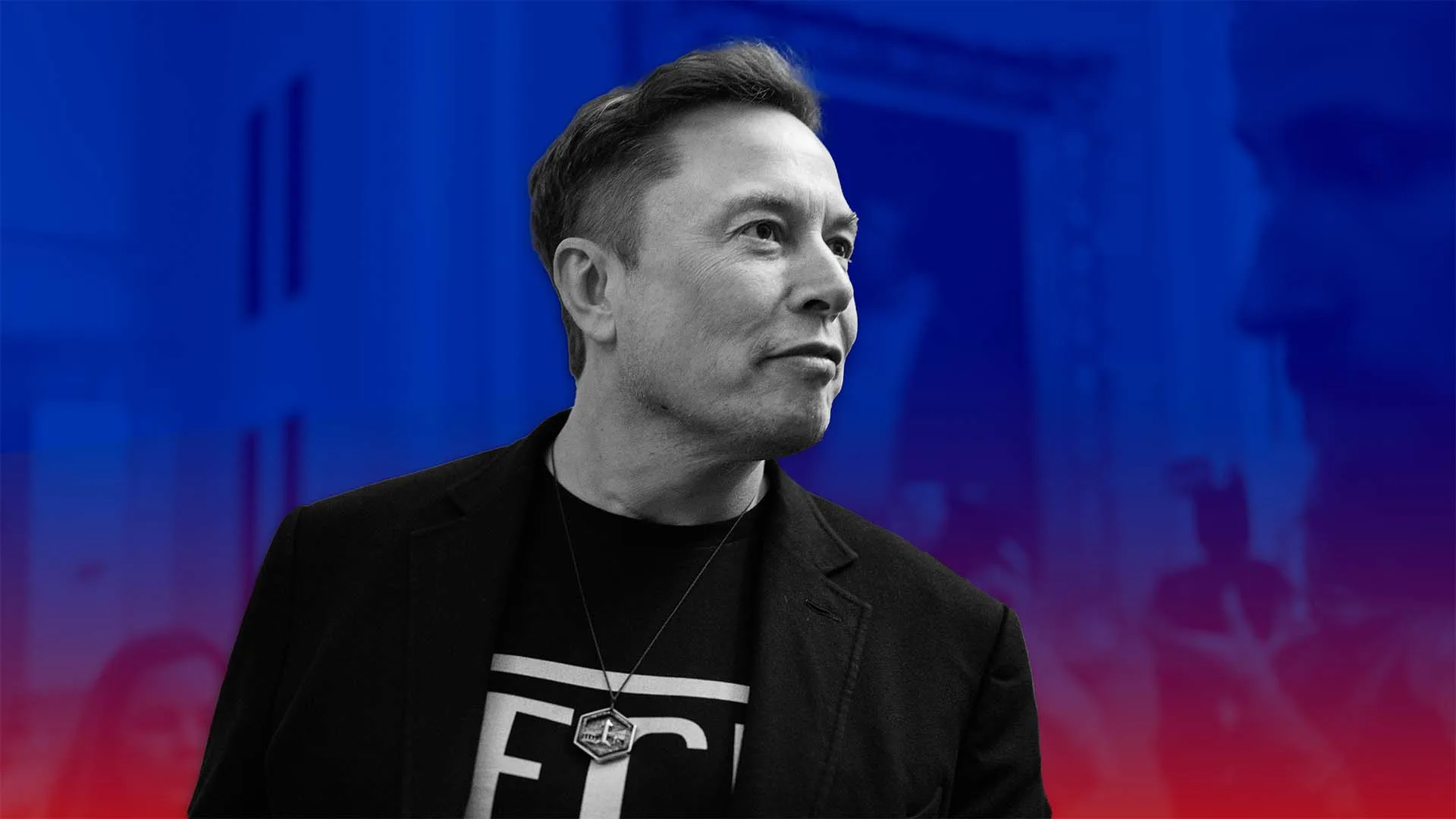OpenAI's Motion to Dismiss Copyright Claims Rejected by Judge
Is OpenAI's ChatGPT violating copyrights? The New York Times sued OpenAI in December 2023. But Ars Technica summarizes OpenAI's response. The New York Times (or NYT) "should have known that ChatGPT was being trained on its articles... partly because of the newspaper's own reporting..." OpenAI pointed to a single November 2020 article, where the NYT reported that OpenAI was analyzing a trillion words on the Internet. But on Friday, U.S. district judge Sidney Stein disagreed, denying OpenAI's motion to dismiss the NYT's copyright claims partly based on one NYT journalist's reporting. In his opinion, Stein confirmed that it's OpenAI's burden to prove that the NYT knew that ChatGPT would potentially violate its copyrights two years prior to its release in November 2022... And OpenAI's other argument — that it was "common knowledge" that ChatGPT was trained on NYT articles in 2020 based on other reporting — also failed for similar reasons... OpenAI may still be able to prove through discovery that the NYT knew that ChatGPT would have infringing outputs in 2020, Stein said. But at this early stage, dismissal is not appropriate, the judge concluded. The same logic follows in a related case from The Daily News, Stein ruled. Davida Brook, co-lead counsel for the NYT, suggested in a statement to Ars that the NYT counts Friday's ruling as a win. "We appreciate Judge Stein's careful consideration of these issues," Brook said. "As the opinion indicates, all of our copyright claims will continue against Microsoft and OpenAI for their widespread theft of millions of The Times's works, and we look forward to continuing to pursue them." The New York Times is also arguing that OpenAI contributes to ChatGPT users' infringement of its articles, and OpenAI lost its bid to dismiss that claim, too. The NYT argued that by training AI models on NYT works and training ChatGPT to deliver certain outputs, without the NYT's consent, OpenAI should be liable for users who manipulate ChatGPT to regurgitate content in order to skirt the NYT's paywalls... At this stage, Stein said that the NYT has "plausibly" alleged contributory infringement, showing through more than 100 pages of examples of ChatGPT outputs and media reports showing that ChatGPT could regurgitate portions of paywalled news articles that OpenAI "possessed constructive, if not actual, knowledge of end-user infringement." Perhaps more troubling to OpenAI, the judge noted that "The Times even informed defendants 'that their tools infringed its copyrighted works,' supporting the inference that defendants possessed actual knowledge of infringement by end users." Read more of this story at Slashdot.

Read more of this story at Slashdot.



![How to Find Low-Competition Keywords with Semrush [Super Easy]](https://static.semrush.com/blog/uploads/media/73/62/7362f16fb9e460b6d58ccc09b4a048b6/how-to-find-low-competition-keywords-sm.png)
